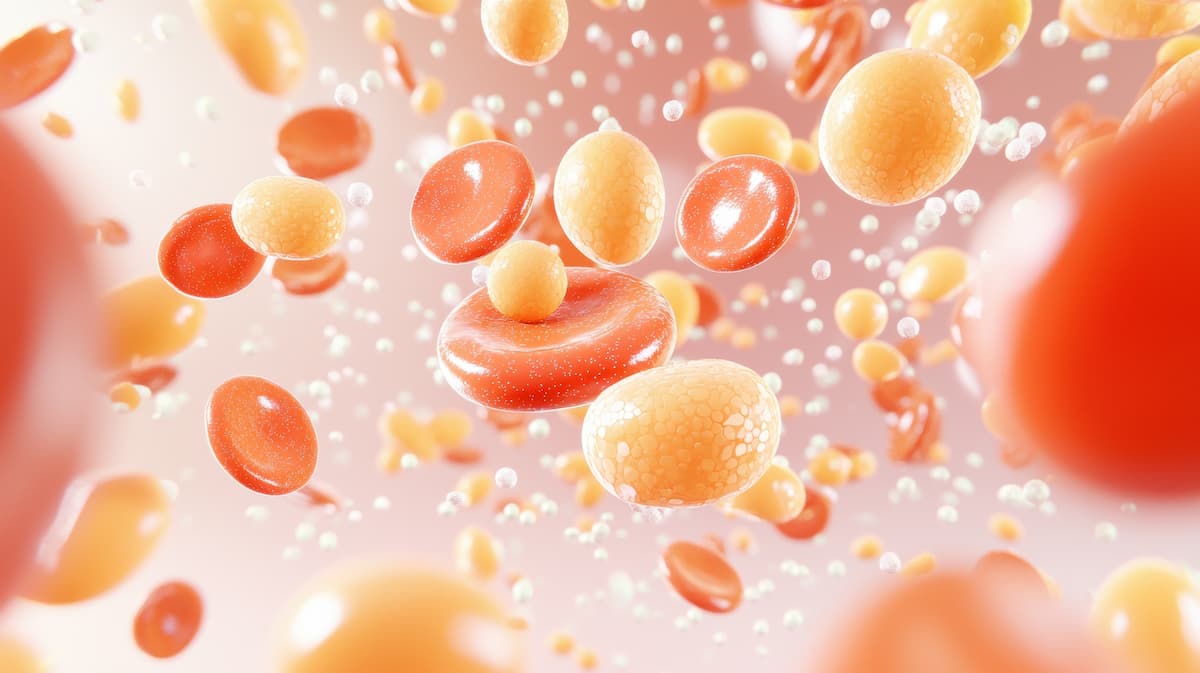Article
HPV Vaccine May Reduce the Chance of Precancerous Condition
Author(s):
Human papillomavirus vaccine may reduce the chance of high-grade cervical intraepithelial neoplasis.
The human papillomavirus (HPV) vaccine may reduce the chance of high-grade cervical intraepithelial neoplasis (CIN), a condition that can lead to cervical cancer, according to a new study published in Acta Obstetricia et Gynecologica Scandinavica.
In 2009, Demark began to recommend routine HPV vaccinations for 12-year-old girls. Beginning in 2008, girls born from 1993-1995 and who were between 13 and 15 years of age were offered free vaccination with the quadrivalent HPV vaccine. The quadrivalent HPV vaccine was replaced by the bivalent HPV vaccine in 2016. In 2017, the bivalent vaccine was replaced by the nonavalent version, according to the study.
The study defined women born in 1993 as exposed to the HPV vaccine, as they were offered a free vaccination. Women born 10 years earlier in 1983 were defined as unexposed because they never were offered a free HPV vaccine.
Women born between 1985 and 1992 were targeted by a catch-up program in 2012 and 2013, so they could not be used as the comparison cohort. Using data collected through the Danish Civil Registration System, the 2 cohorts were followed for 10 years between the ages of 15 and 25.
The study found that vaccination coverage was 91% for the 1993 cohort and less than 0.1% for the 1983 cohort. For both cohorts, the screening was close to 80%. CIN2+ was detected in 4% of the 15,748 women in the 1983 and 3% of the 19,951 women in the 1993 cohort, according to the study. In the 1993 cohort, the risk of CIN was reduced by approximately 30%.
“This study investigated the real‐life impact of quadrivalent HPV vaccination by comparing a cohort of women offered HPV vaccination with a cohort of women not offered HPV vaccination. The observed decrease in the detection of high‐grade cervical lesions following HPV vaccination is in line with results from the randomized trials and has important implications for future cervical screening of HPV vaccinated cohorts,” the study authors wrote.
The investigators concluded that this research is needed in order to optimize future studies.
Reference
Thamsborg, Lise Holst et al. High‐grade cervical lesions after vaccination against human papillomavirus: A Danish cohort study (Study), Denmark, August 4, 2020, Acta Obstetricia et Gynecologica Scandinavica Accessed August 10, 2020.
Newsletter
Stay informed on drug updates, treatment guidelines, and pharmacy practice trends—subscribe to Pharmacy Times for weekly clinical insights.






